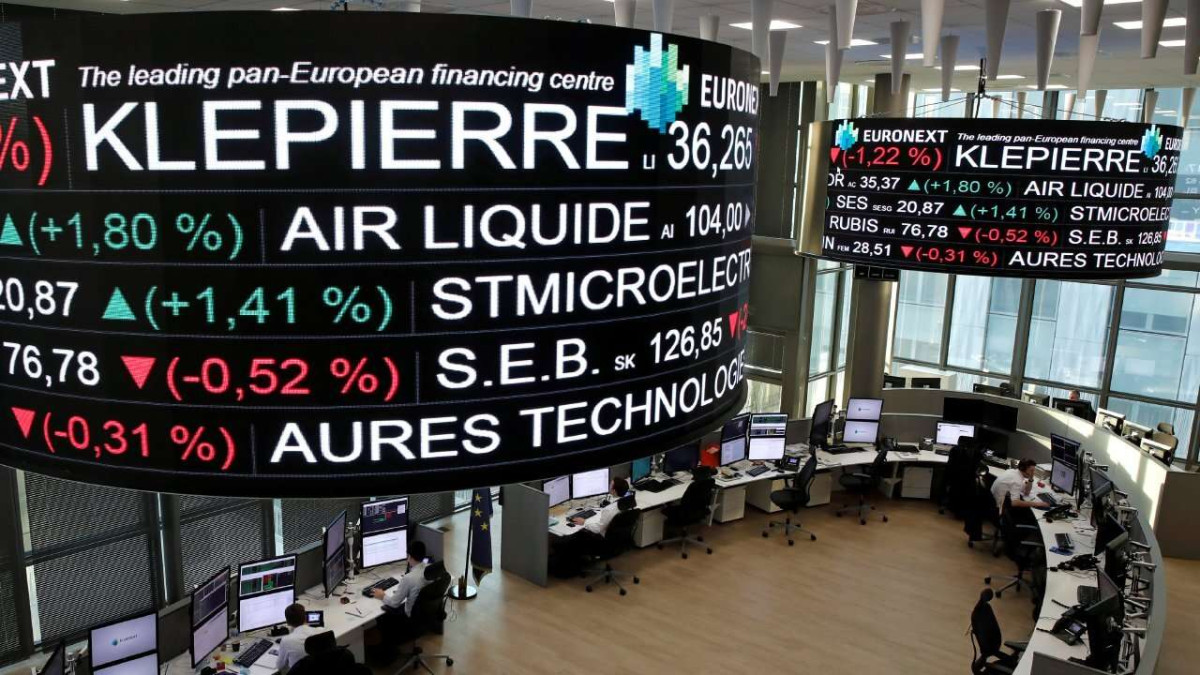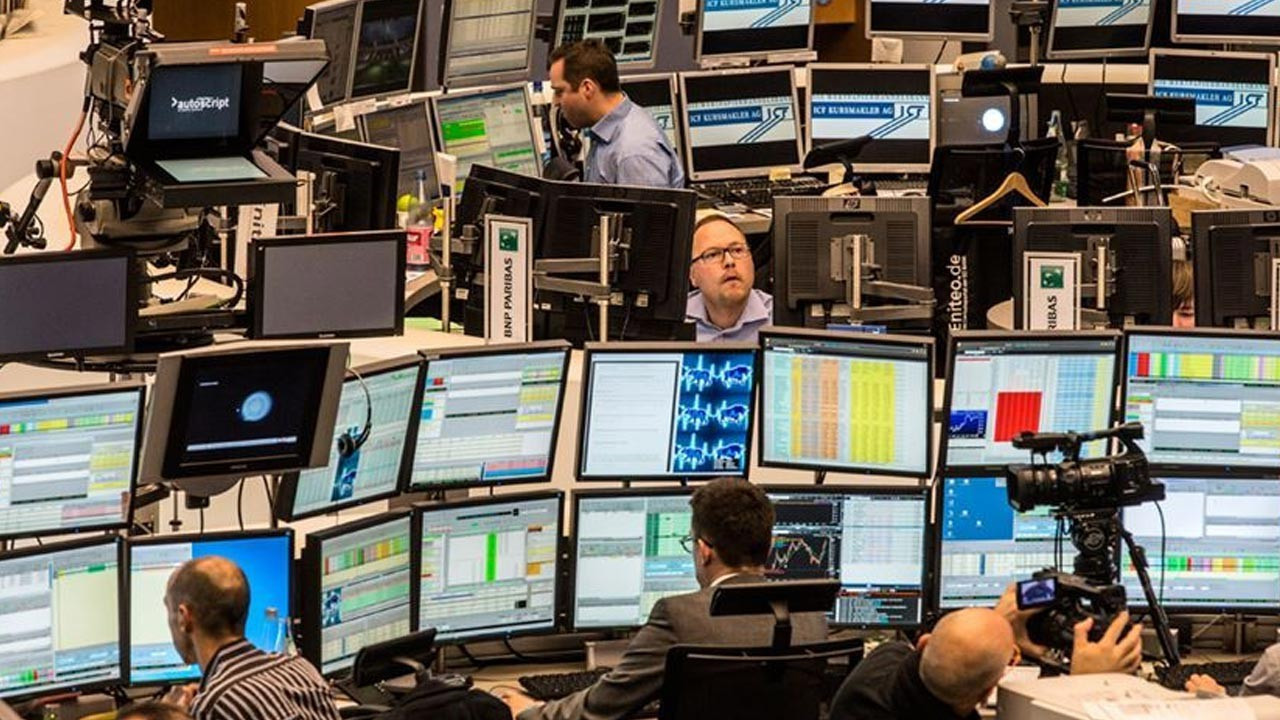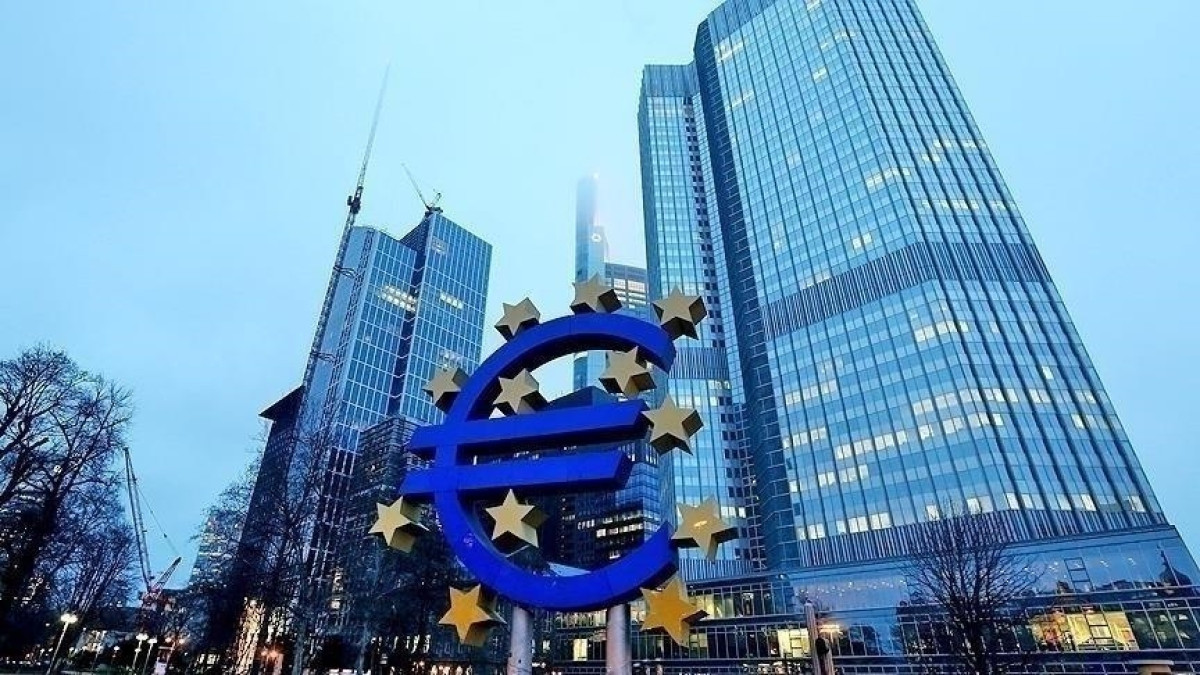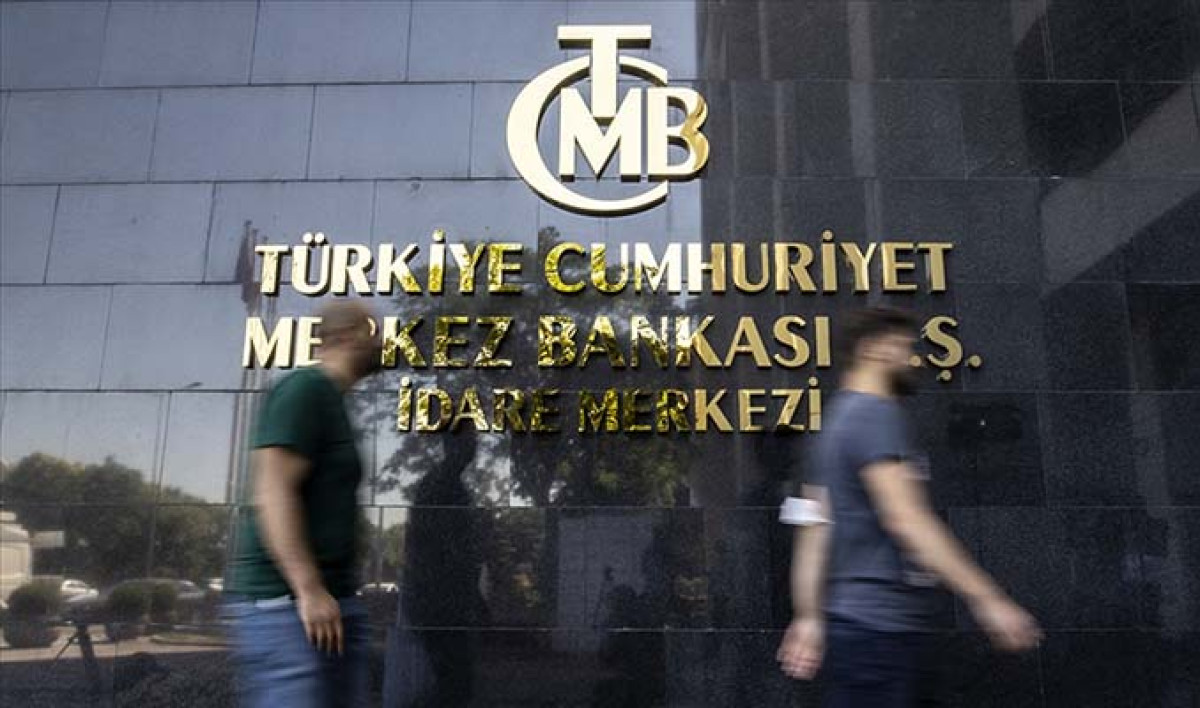
Euro Area PMI Reached a 2.5-Year High in October


Economic Activity Increased in the Eurozone
In the Eurozone, economic activities reached their highest level since May 2024, balancing the strong performance in Germany against weak data in France.
The composite PMI Index published by S&P Global and Hamburg Commercial Bank (HCOB) rose from 51.2 in September 2024 to 52.2 in October 2024. Even median forecasts from economists anticipated this increase, as a decline to 51.1 was expected.
The main source of this increase was the services sector, while Germany's composite index has reached its peak since May 2023.
PMI Data for Germany and France in October
In Germany, the services PMI rose to 54.5; the manufacturing PMI increased to 49.6; and the composite PMI reached 53.8. On the other hand, in France, the manufacturing PMI rose to 48.3, while the services PMI decreased to 47.1, and the composite PMI fell to 46.8.
In the Eurozone, the manufacturing PMI increased to 50 points, while the services PMI reached 53.8.
ECB Likely to Maintain Interest Rates
Despite sluggish economic growth, the European Central Bank (ECB) does not seem inclined to lower interest rates. Following eight interest rate cuts in the past year, it is expected that borrowing costs will remain stable in line with the 2% inflation target.
HCOB economist Cyrus de la Rubia emphasized that price increases in the services sector have remained moderate: 'The inflation rate in selling prices has slightly increased but remains close to the long-term average. Cost increases were somewhat lower in October. This indicates that there is no short-term risk.' The ECB may confirm its decision to pause rate cuts, particularly considering inflation data in the services sector.
Benzer Haberler
.png)
Yakında Tüm Platformlarda
Sizlere kesintisiz haber ve analizi en hızlı şekilde ulaştırmak için. Yakında tüm platformlarda...









.png)